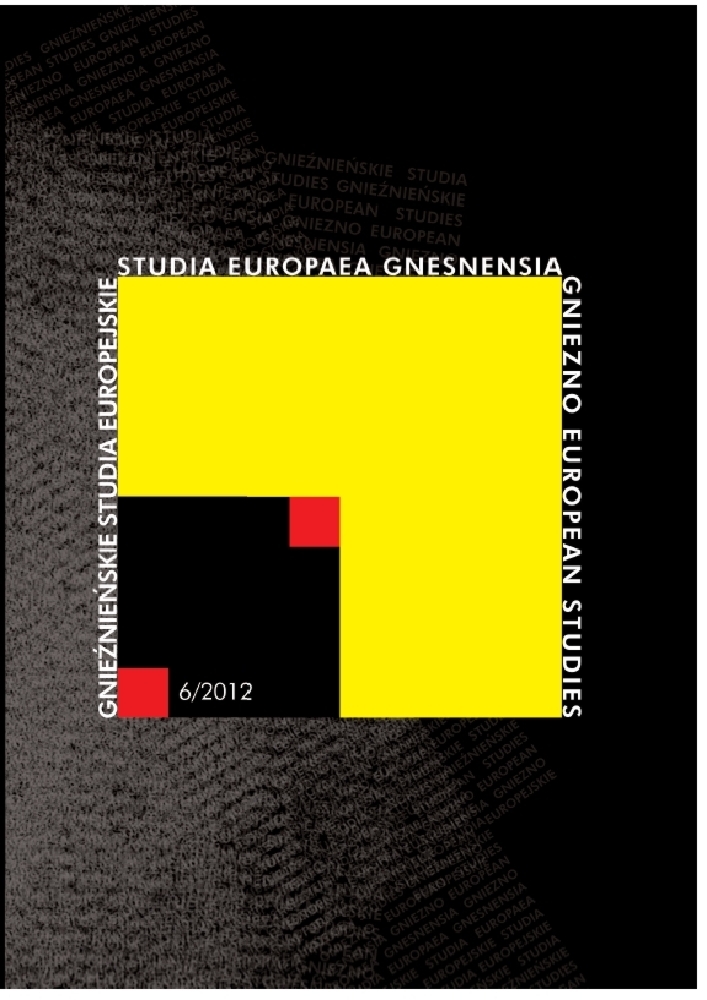Abstract
The article presents the ideas of albert camus in the perspective of philosophy of existence. The task is to show, that the work of the writer can be interpreted as a valuable, deeply philosophical point of view on life.
Riferimenti bibliografici
Camus A., Absurd i samobójstwo, [w:] idem, Mit Syzyfa, [w:] idem, Eseje, Warszawa 1971, s. 93.
Camus A., Dżuma, Warszawa 2008.
Fiut I.S., Człowiek według Alberta Camusa. Studium antropologii egzystencjalnej, Kraków 1993.
Grzegorczyk A., Kochanek prawdy. Rzecz o twórczości Alberta Camusa, Katowice 1999.
Krakowiak J.L., Absurd. Pytanie o sens ludzkiej egzystencji, Warszawa 2010,
Lottman H.R., Albert Camus. Biografia, Warszawa 1996.
Merton T., Siedem esejów o Albercie Camus, Bydgoszcz 1996.
Mordarski R., Albert Camus. Między absurdem a solidarnością, Bydgoszcz 1999 .
Natanson W., Szczęście Syzyfa, Kraków 1980, s. 29.
Szydłowska W., Camus, Warszawa 2002.
Licenza
Copyright © 2012 by IKE and PTPN
